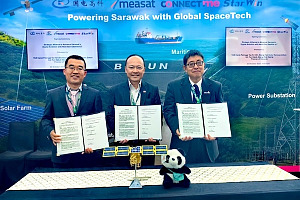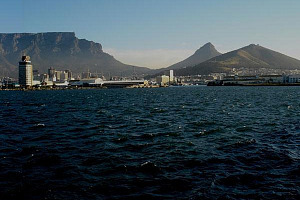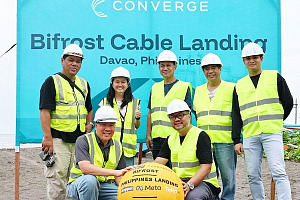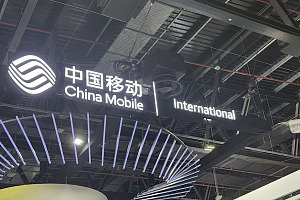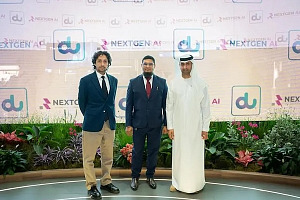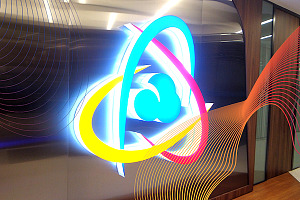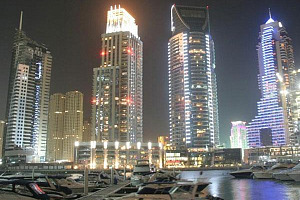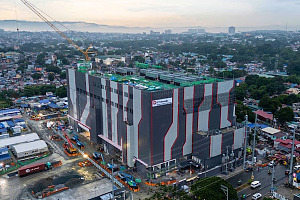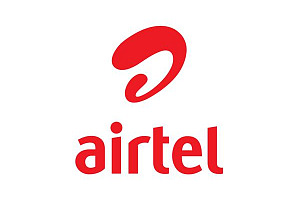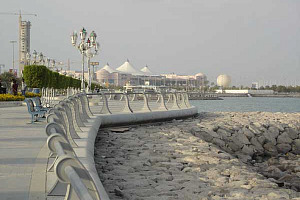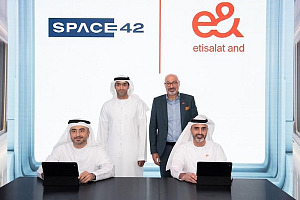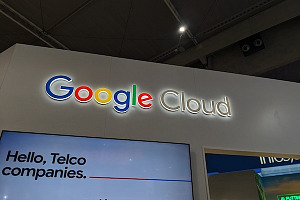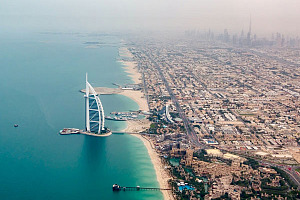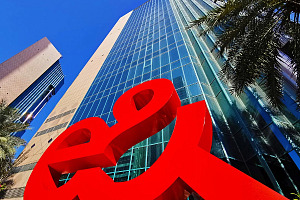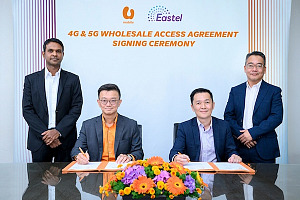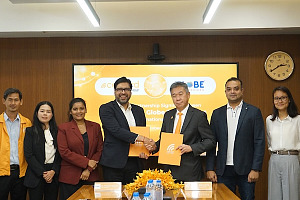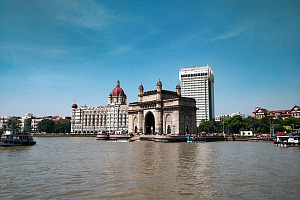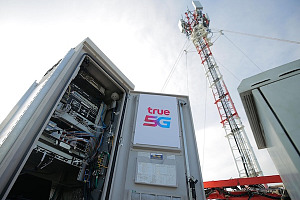Technology giant Nokia has announced that Gulf Bridge International (GBI) a Qatar-headquartered global cloud, connectivity and content enabler, has selected Nokia’s optical networking solution to build a new high-capacity terrestrial network, also designed for subsea backhauling, enhancing connectivity between Europe, the Middle East and Asia.
GBI has selected Nokia’s 1830 Global Express (GX) optical platform to launch the terrestrial route through Iraq. The new network will enhance GBI’s regional optical infrastructure with state-of-the-art technology that supports faster, more reliable access to digital services.
The partners adds that the new scalable and low-latency network will offer 100G-400G services that boost network resilience and performance for cloud providers, enterprises and carriers.
Once live, the partners say the new network will enable GBI to deliver more than 50 terabits of capacity to its customers, supporting the region’s growing digital economy and increasing demand for reliable, scalable bandwidth.
By establishing an entirely new terrestrial route through Iraq, GBI says it will provide an alternative pathway that bypasses traditional subsea corridors, offering greater diversity and resilience for regional and international data traffic.
Roque Lozano, Senior Vice President, Network Infrastructure, Middle East and Africa, Nokia, sums up the benefits of the deal by saying: “This partnership with GBI will shape the region’s next phase of digital growth. Nokia’s 1830 GX Platform gives GBI the speed, scale, and resilience needed to keep pace with surging data demand while supporting more sustainable connectivity across the region.”





